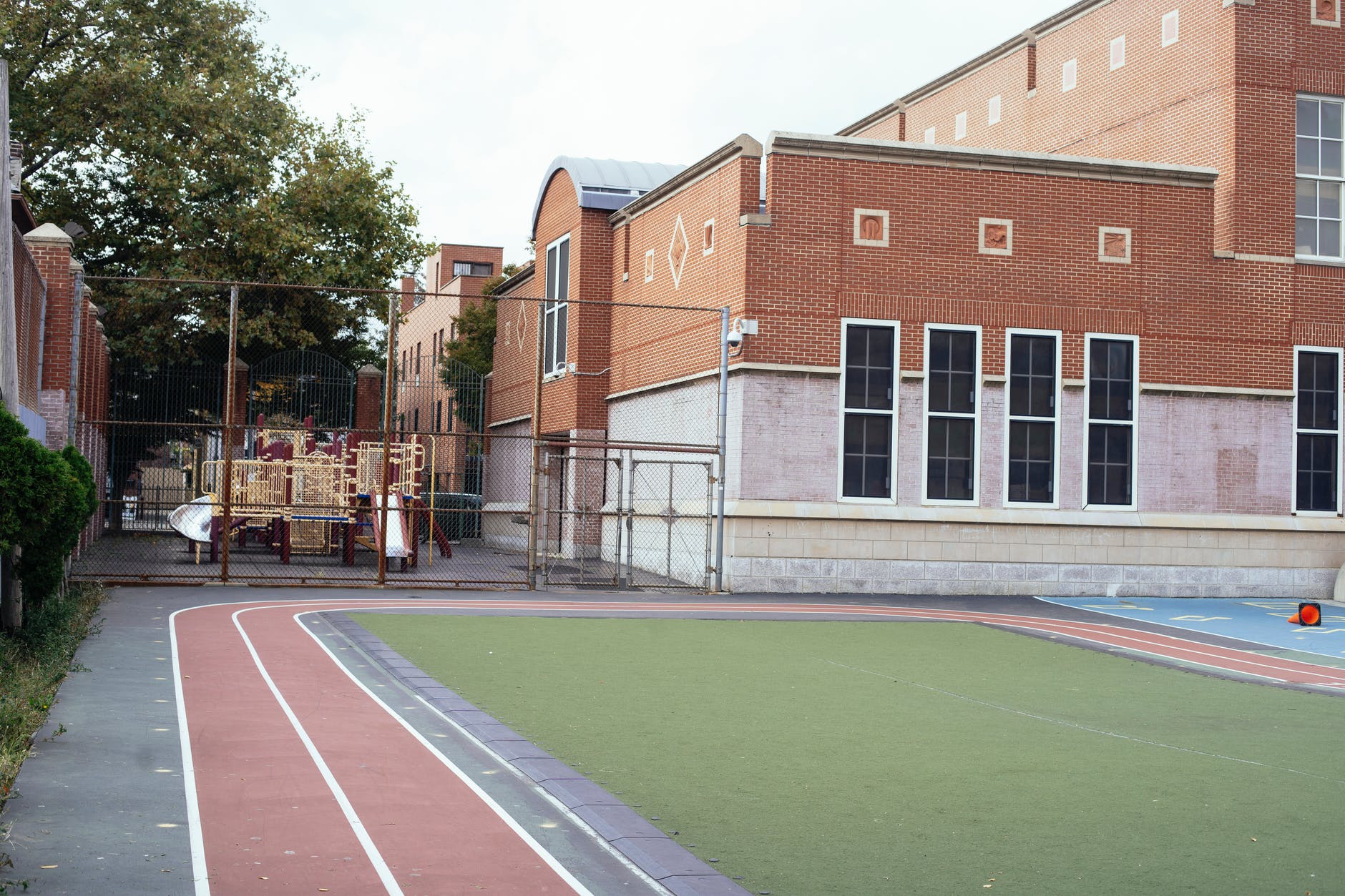Parent-adolescent relationships can be marked by various conflicts, as both parties navigate the challenges of adolescence and the changing dynamics within the family. Here are some common conflicts that can arise:
Autonomy and Independence:
Adolescence is a period of self-discovery and asserting independence.
Teenagers often desire more freedom and autonomy, which can clash with their parents’ need to maintain control and ensure their safety.
Rules and Boundaries:
Parents may establish rules and boundaries to protect their teenagers and maintain order in the household.
However, adolescents may resist these rules, feeling that they are overly restrictive or unnecessary.
Communication Breakdown:
Miscommunication or lack of effective communication can contribute to conflicts.
Teenagers may feel that their parents don’t understand them or don’t listen to their perspectives, while parents may struggle to connect with their teenagers due to generation gaps or differences in communication styles.
Identity and Self-Expression:
Adolescence is a time of identity formation, and teenagers may explore new interests, fashion styles, or subcultures.
Conflicts can arise when parents disapprove of their child’s choices or feel that they are straying from family values.
Academic Expectations:
Academic performance and future goals often become a source of conflict.
Parents may have high expectations for their teenager’s academic success, while adolescents may feel pressured or overwhelmed by these expectations.
Peer Influence:
Adolescents are heavily influenced by their peers, and conflicts can arise when parents disapprove of certain friendships or perceive negative influences from peer groups.
Conflict over Screen Time and Technology:
With the increasing use of technology, disagreements over screen time limits, social media use, or video game addiction can cause conflicts between parents and teenagers.
Emotional Turmoil:
Adolescence is a time of emotional ups and downs as teenagers navigate hormonal changes and increasing social pressures.
Parents may struggle to understand or handle their teenager’s emotional outbursts, leading to conflicts.
It’s important to note that conflict is a natural part of parent-adolescent relationships as both parties adjust to the challenges of this developmental stage.
Open and respectful communication, empathy, and finding common ground can help mitigate conflicts and foster healthier relationships.











